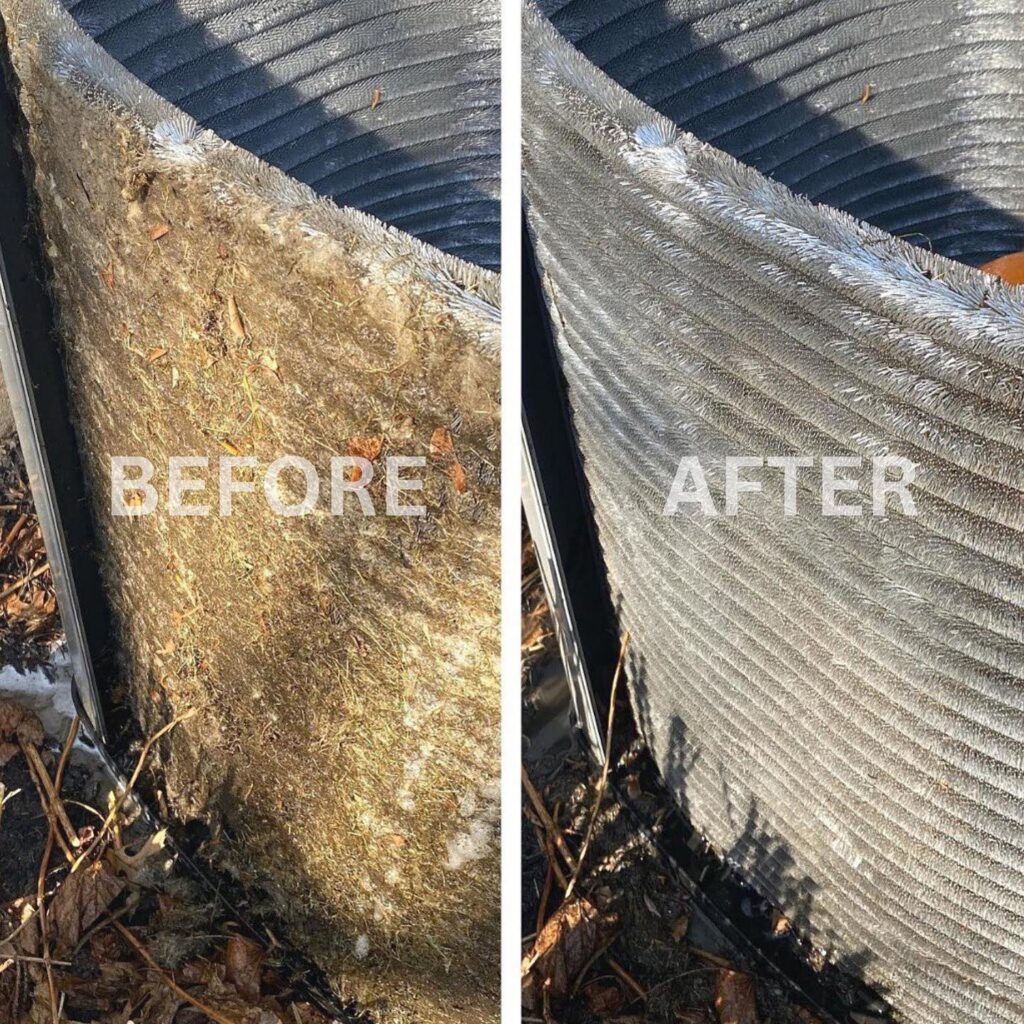We often hear this question or similar ones from customers. Creating balanced humidity indoors is an important part of comfort, especially during the summer when muggy days make it difficult to stay cool.
The answer to the question is a bit tricky. Air conditioners do affect humidity, and in some situations may end up making a house too dry.
However, air conditioners are not dehumidifiers designed to provide actual humidity control. Homeowners who want to create air that’s neither too humid nor too dry will need more than just an air conditioner.
This answer requires further explanation, and you’ll learn something interesting about your AC in the process, so follow us below…
ACs remove moisture from the air as part of how they work
The basics of how an air conditioner cools down the air in a building is that it evaporates cold refrigerant along its indoor refrigerant coil, a process that draws heat from the air. If you remember your high school science lessons, you’ll recall that evaporation causes moisture to condense from the air.
As the AC’s indoor coil absorbs heat, it also causes moisture in the air to condense along the coil. This is why an air conditioner has a condensate drainage system—this water has to get transported out of the AC and the home. When you hear water dripping in your AC, it’s the sound of moisture that was pulled from your indoor air.
An AC dehumidifies but isn’t a dehumidifier
In other words, an air conditioner has dehumidification properties, but this is a side-effect of its cooling cycle. An AC isn’t built specifically to remove large amounts of moisture from the air to create balanced indoor humidity, i.e. it’s not a dehumidifier.
Does that mean you won’t feel any effect on the humidity in your home because of your AC? No, you might feel a drop in humidity levels. However, you’re more likely to notice the dehumidification effect of the AC when the indoor air is already dry. The AC will end up making the house a bit too dry.
However, if you’re dealing with a humid day (relative humidity above 60%), an AC won’t make much of a dent in that, not to the point you’ll feel any significant relief from the muggy air. There’s simply too much moisture in the air for the AC’s evaporator coil to handle. It’s already working hard enough just getting heat from the air.
How to deal with high humidity
If high humidity is a regular problem for your home comfort in the summer, the best way to balance indoor humidity (around 45% relative humidity) is with a whole-house dehumidifier.
These devices work similarly to an air conditioner: they evaporate refrigerant to pull moisture from the air. However, they can handle more humidity than an AC and won’t lower the temperature as well.
A whole-house dehumidifier can be easily controlled through a special thermostat so that it doesn’t end up making the house too dry.
We offer service to install whole-house dehumidifiers in Rochester, NY. Call us to find out more.

